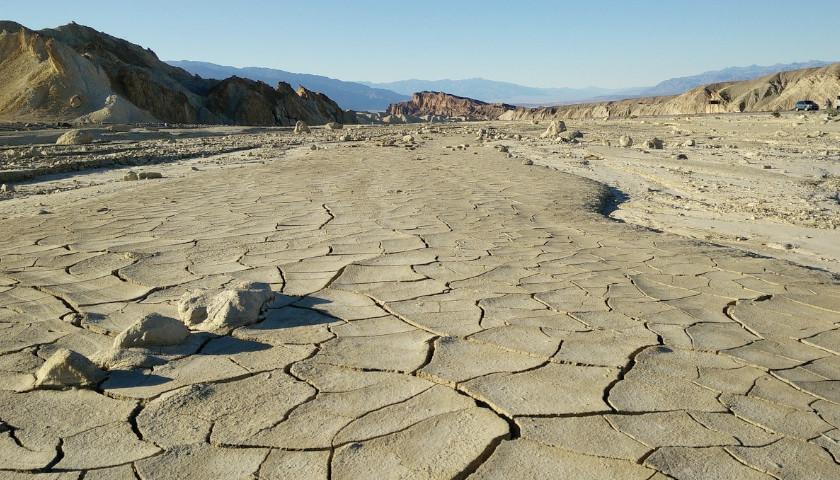Arizona, known from its beginnings as the “Desert State,” has long sought new ways to provide water for its residents. But a roughly 19-year drought has created a host of new, urgent problems including how to regulate foreign and out-of-state businesses trying to capitalize on the demand.
“Eighty percent of our water is for agriculture, and a lot of it is unregulated,” community organizer Jacob Martinez recently told Just the News. “A California company can come into Arizona, put in a well and grow crops and go back to California and reap the benefits of that. We have no regulations, which is a problem.”
Read the full story












